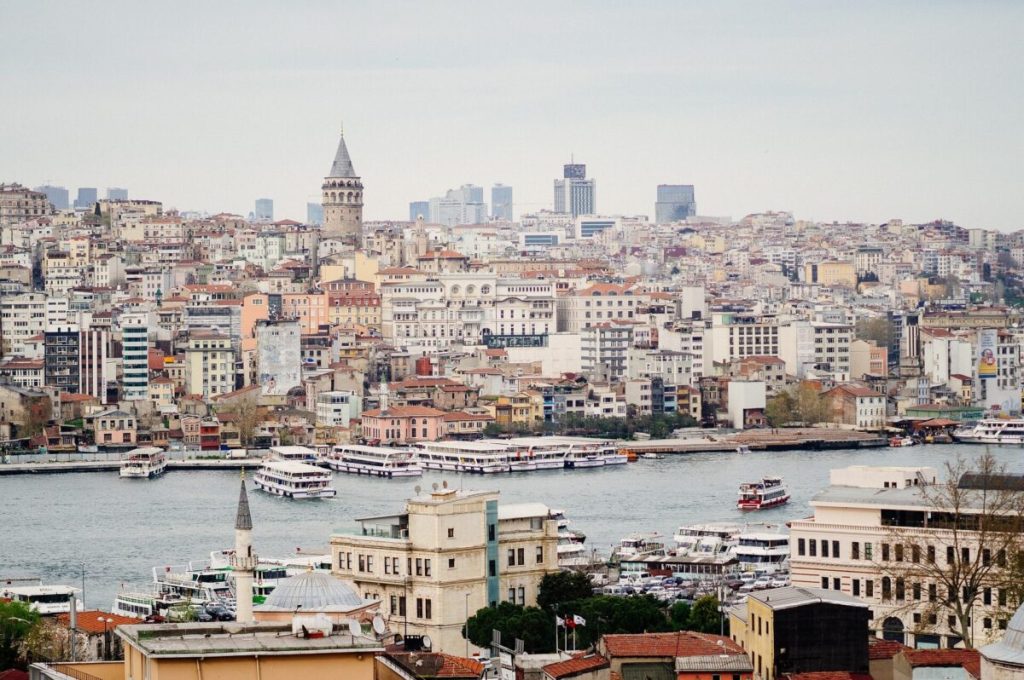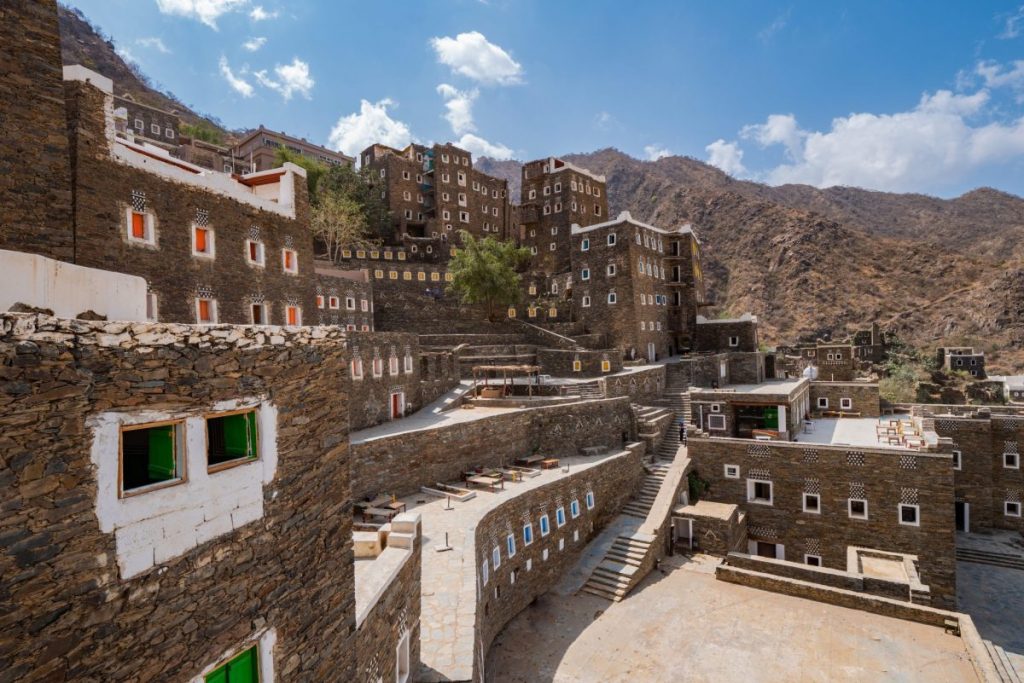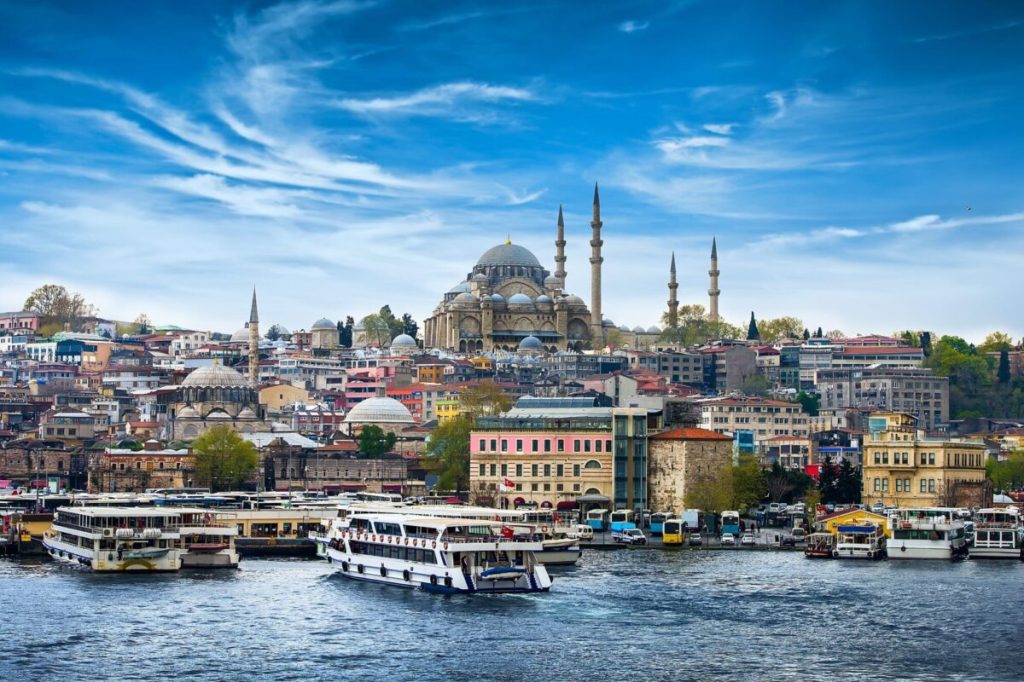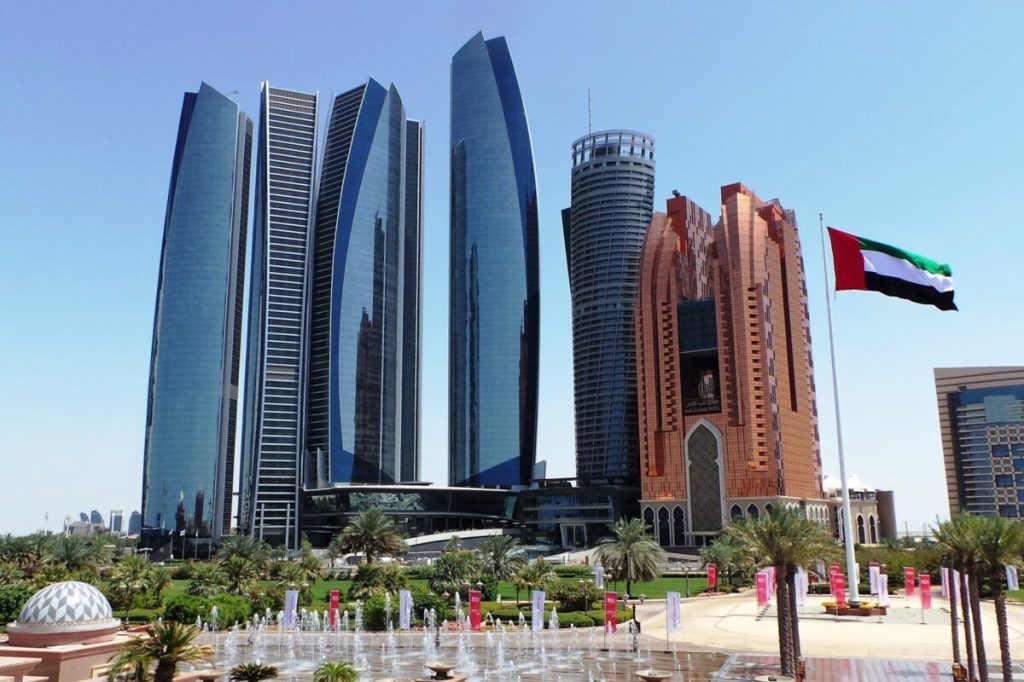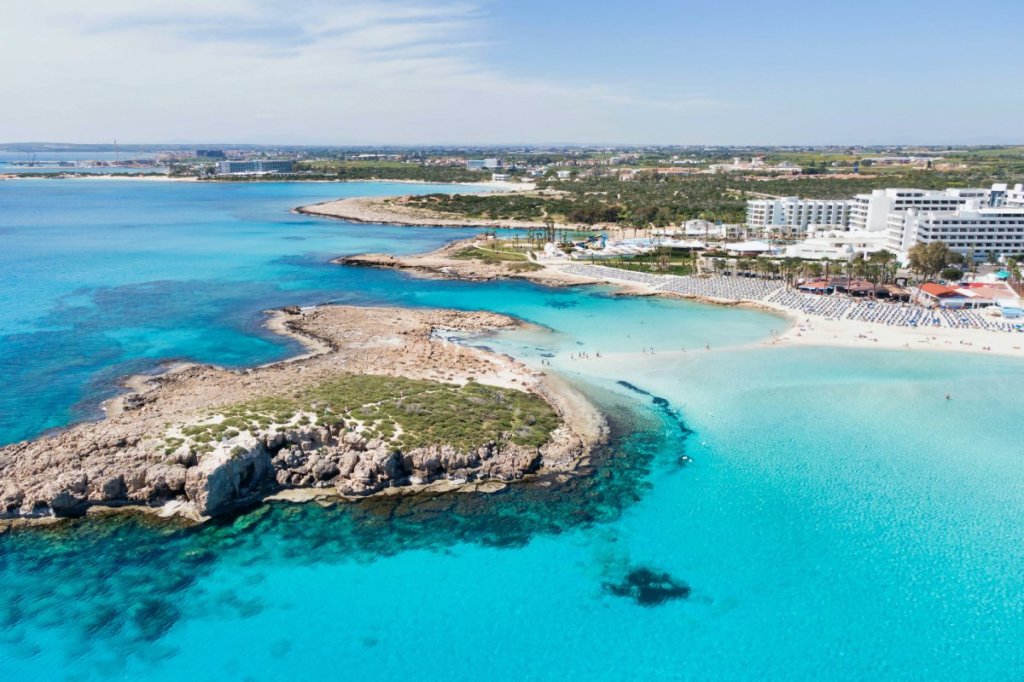Tourism
Skift India Report: It's Time to Launch 'Incredible India 3.0' to Resurrect Tourism Economy
Although winds of change have begun to blow for the travel and tourism sector after three long bumpy years, a concrete roadmap is needed to fully revive the industry.



